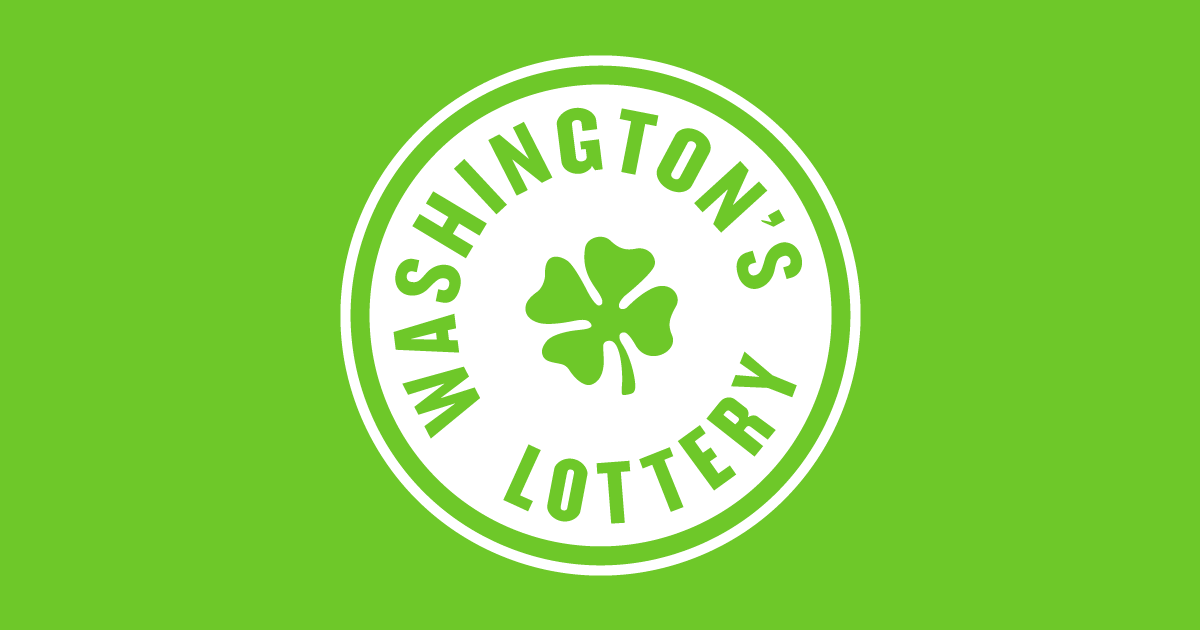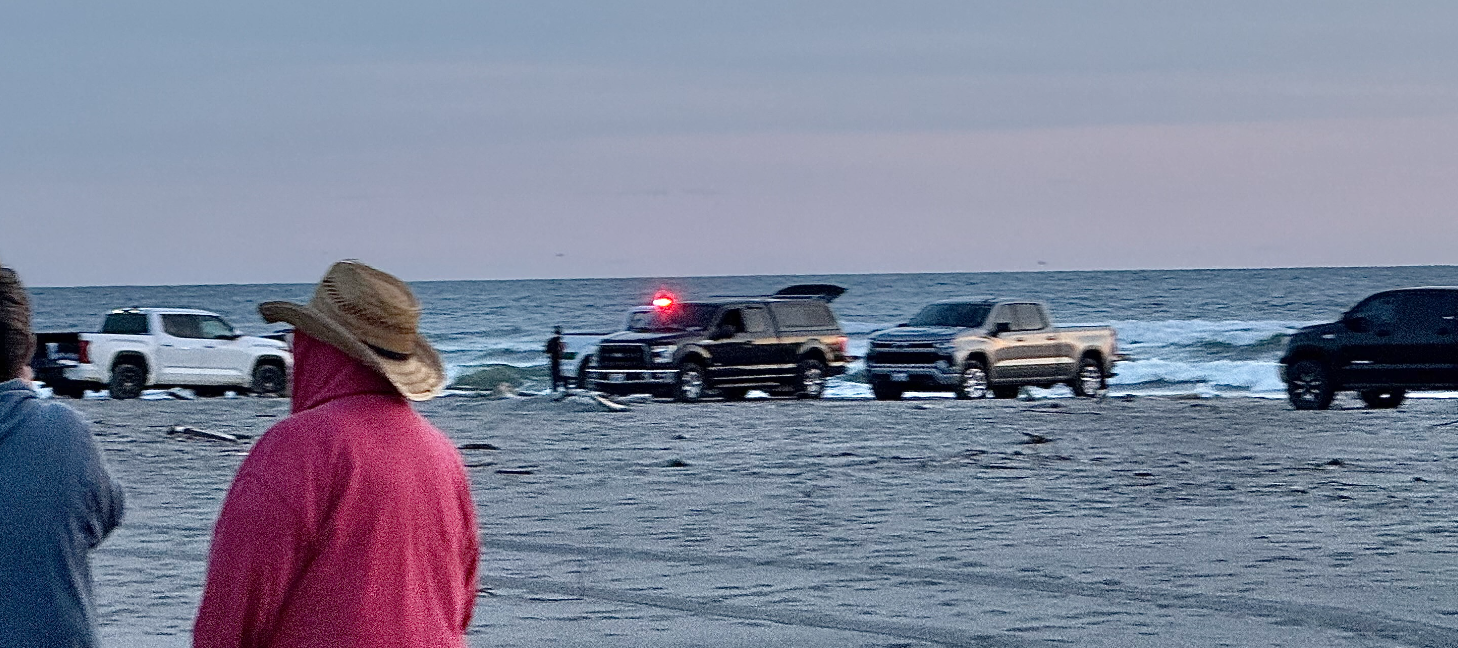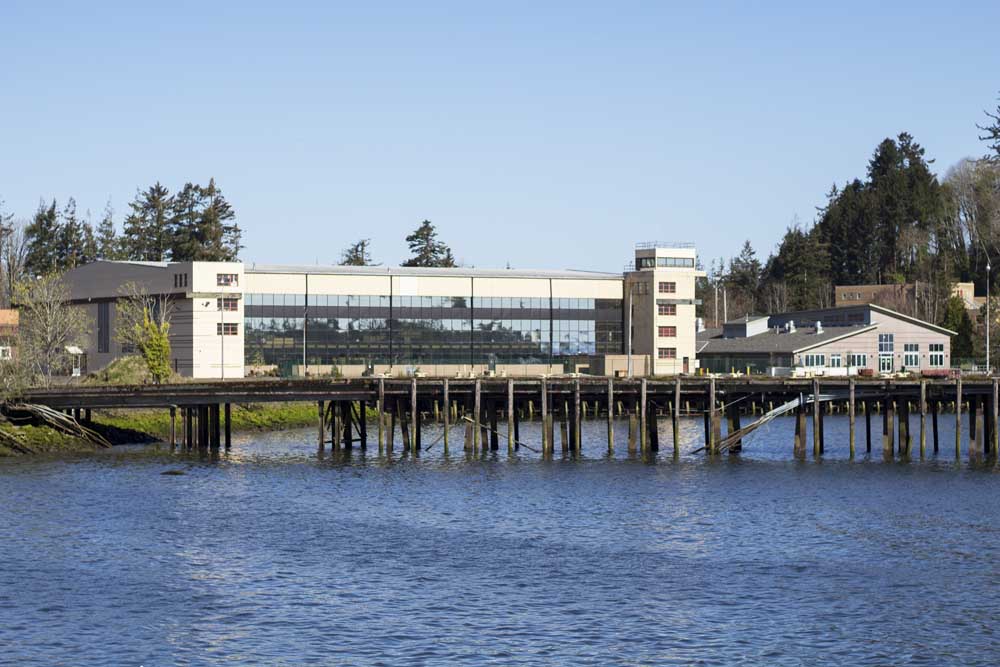Cranberry juice among items eyed for new tax
Published 4:00 pm Tuesday, January 20, 2004
PENINSULA – Grocery store shoppers may notice a difference in the way some items are being taxed, possibly including the one agricultural commodity we produce in any abundance, cranberries.
Starting Jan. 1, bottled water will no longer be subject to sales tax, but “sports drinks” that contain sweeteners will be taxed. Juices also are taxable if they contain 50 percent or less natural vegetable or fruit juice.
This was done as part of a nationwide effort to make sales tax in all states more alike. With more and more people using the Internet to do their shopping, Mike Gowrylow of the Washington State Department of Revenue said it has become harder to collect the tax.
“As the state that is most dependent on the sales tax as a major revenue source, Washington needs to be involved in these efforts,” he said. “The new plan will help the state of Washington collect sales tax for purchases from businesses based outside the state.”
Gowrylow said local cranberry growers won’t be directly affected by the new tax structure. Most cranberry juice products will fall into the taxable category now, however, because of sweeteners that are added to make the tart taste of the berries palatable.
“I’m told that other natural juices are often added to cranberry juice before it gets to the supermarket shelves,” he said. “If the combination is more than 50 percent, the drink would not be taxed. For example, a bottle of cranberry juice might contain only 10 percent cranberry juice but 45 percent pear juice. Because the total is more than 50 percent, you would not have to pay sales tax.”
The revised definitions of food products are part of an effort by 41 states to simplify their collection of sales taxes by businesses that operate in multiple states. The new definitions align Washington’s taxation of foods and food ingredients with a national Streamlined Sales and Use Tax Agreement. The Legislature adopted the changes during its 2003 session.
Previously, bottled water was taxable, but it is now considered a food and thus exempt from sales tax. Sparkling water and club soda, once taxable because they were carbonated beverages, are no longer taxable unless they contain sweeteners.
The factors for determining when prepared foods are taxable also have changed. If a product is heated or served with utensils, or two or more ingredients are combined by the seller, the sales tax will apply. Subtle changes are also being made to the taxability of food supplements.
The new tax changes also affect the sale of ice. Crushed, shaved or cubed ice will no longer be taxable, but blocks of ice will remain taxable.
For more information, log on to www.dor.wa.gov.





